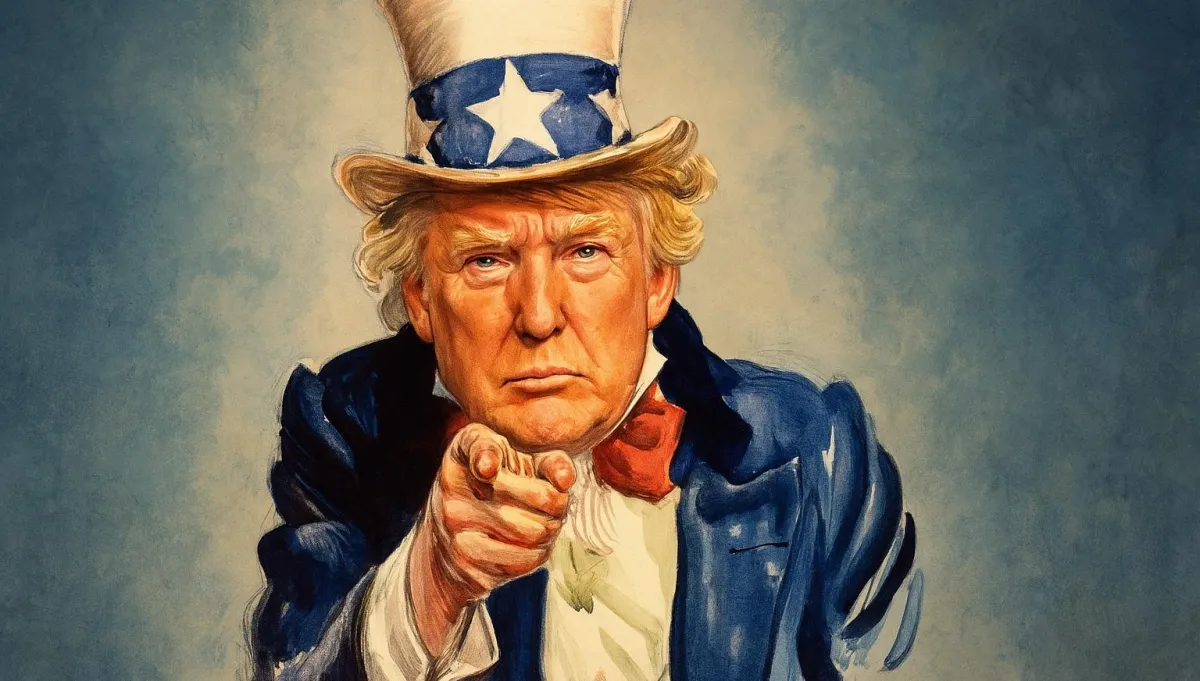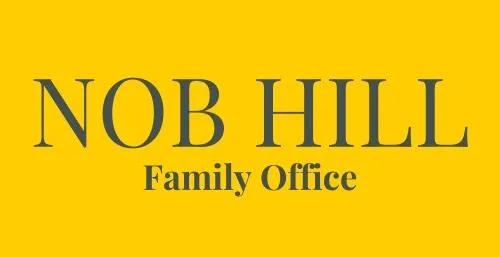Insights e Estratégias em Gestão Patrimonial e Sucessão
Acompanhe o Blog da Nob Hill para dicas, tendências e análises exclusivas sobre gestão de patrimônio, governança familiar e investimentos.

Global Trade Tensions and Tariffs: How Business Families Should Adapt to a New Economic Order
The recent announcement of new import tariffs by the United States reshapes the global scenario, creating uncertainties that directly affect Brazilian family businesses. With impacts on inflation, currency volatility, and the reorganization of supply chains, it is essential to rethink business and investment strategies. After all, how should one position themselves in this scenario?
What do the new tariffs mean for Brazil?
The recently announced tariffs impose a baseline rate of 10% on Brazilian imports to the US. Although this rate is lower compared to other countries, its effects remain significant:
US Inflation: Rising prices of imported goods may elevate inflation in the US, impacting the cost competitiveness of Brazilian products exported there.
Currency Volatility: Market reactions to the tariffs can increase currency volatility, affecting the competitiveness of Brazilian exports.
First-order consequences: direct impacts on the global economy
Ray Dalio, founder of Bridgewater Associates, highlights that tariffs lead to:
Reduced global production efficiency.
Stagflationary effect: A combination of economic stagnation and inflation.
Protection of local companies: Although less efficient, they become more competitive domestically due to reduced external competition.
Reduction of external dependencies: Crucial during periods of geopolitical tensions.
Second-order consequences: indirect and more complex effects
Tariffs generate even broader secondary consequences, depending on political and economic reactions from involved countries:
Reciprocal tariffs: Increased global stagflation.
Changes in monetary policies: Interest rates, inflation, and currency valuation adjustments.
Adjustments in fiscal policies to manage inflationary or deflationary effects.
This scenario requires clear strategy and ongoing adaptability by Brazilian family businesses.
Brazil as a possible safe haven – opportunities and challenges
According to André Esteves and Mansueto Almeida, despite uncertainties, Brazil may temporarily attract global investments as a safe haven. However, this scenario does not result from national competitiveness but global instability:
High-interest rates (Selic) likely to persist for the next few years.
Persistent fiscal deficits present medium-term risks, necessitating caution.
Opportunities emerging in areas such as capital markets, privatizations, and increased domestic consumption due to falling unemployment.
These factors demand prudence in financial and asset management, as well as clearly defined strategies for protection against exchange rate fluctuations and global economic risks.
Practical recommendations for Brazilian family businesses
Given this complex and dynamic scenario, family businesses should adopt a robust and adaptive strategy:
Review supply chains to mitigate risks from international freight and high currency volatility.
Absolute focus on productivity and operational efficiency.
Careful revision of debt and investment policies, ensuring liquidity and rigorous financial risk management.
Geographic diversification of investments ("lunch in the US, dine in China"), maintaining flexibility to capture global opportunities.
Strategic role of the Family Office in this new environment
A well-structured Family Office provides critical support for family businesses navigating periods of significant change and turbulence:
Risk management and asset protection against currency and tariff fluctuations.
Adaptive financial planning aligned with the new global scenario.
Structuring international holdings that enable rapid adjustments to changes in tariffs and regulations.
Active monitoring of investment opportunities domestically and globally.
The recent tariffs imposed by the United States indicate profound changes in the global economic environment. Brazilian family businesses adopting a proactive approach will be better prepared to protect their wealth, adjust their business strategies, and capitalize on emerging opportunities in this turbulent context.
Nob Hill Family Office is prepared to be your strategic partner in this journey. We have the expertise required to assist you in safeguarding your investments, efficiently managing risks, and identifying the best market opportunities, always with an integrated view that unites business, wealth, and family governance.
Contact us and discover how we can support you in building a safer and more prosperous financial future amidst global uncertainties.
Nob Hill: Estratégia para Crescer e Proteger o Seu Patrimônio.
© 2025 Nob Hill

(41) 99911-7278
Alameda Doutor Carlos de Carvalho, 655, Ed. Newport Business, Cj. 206

